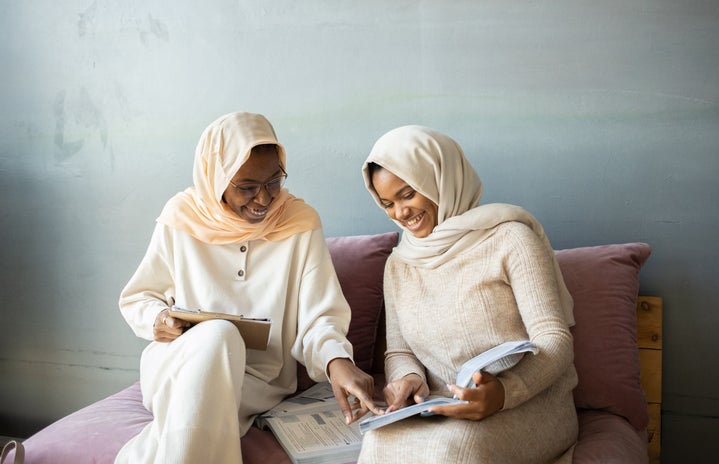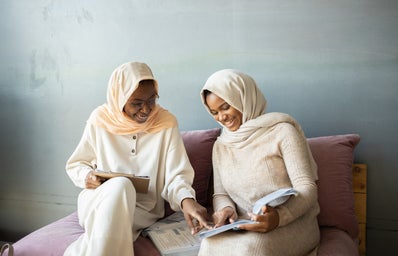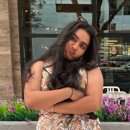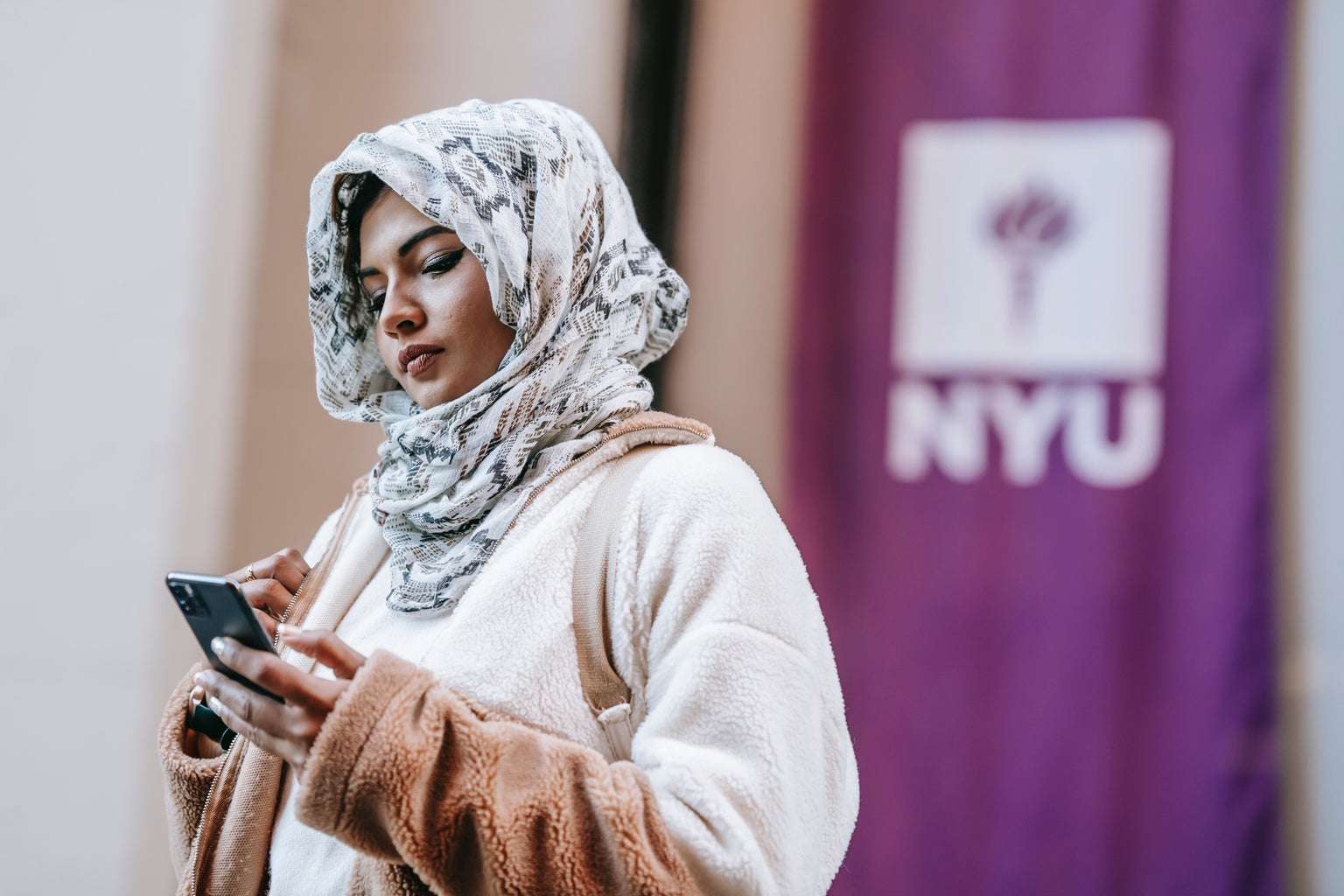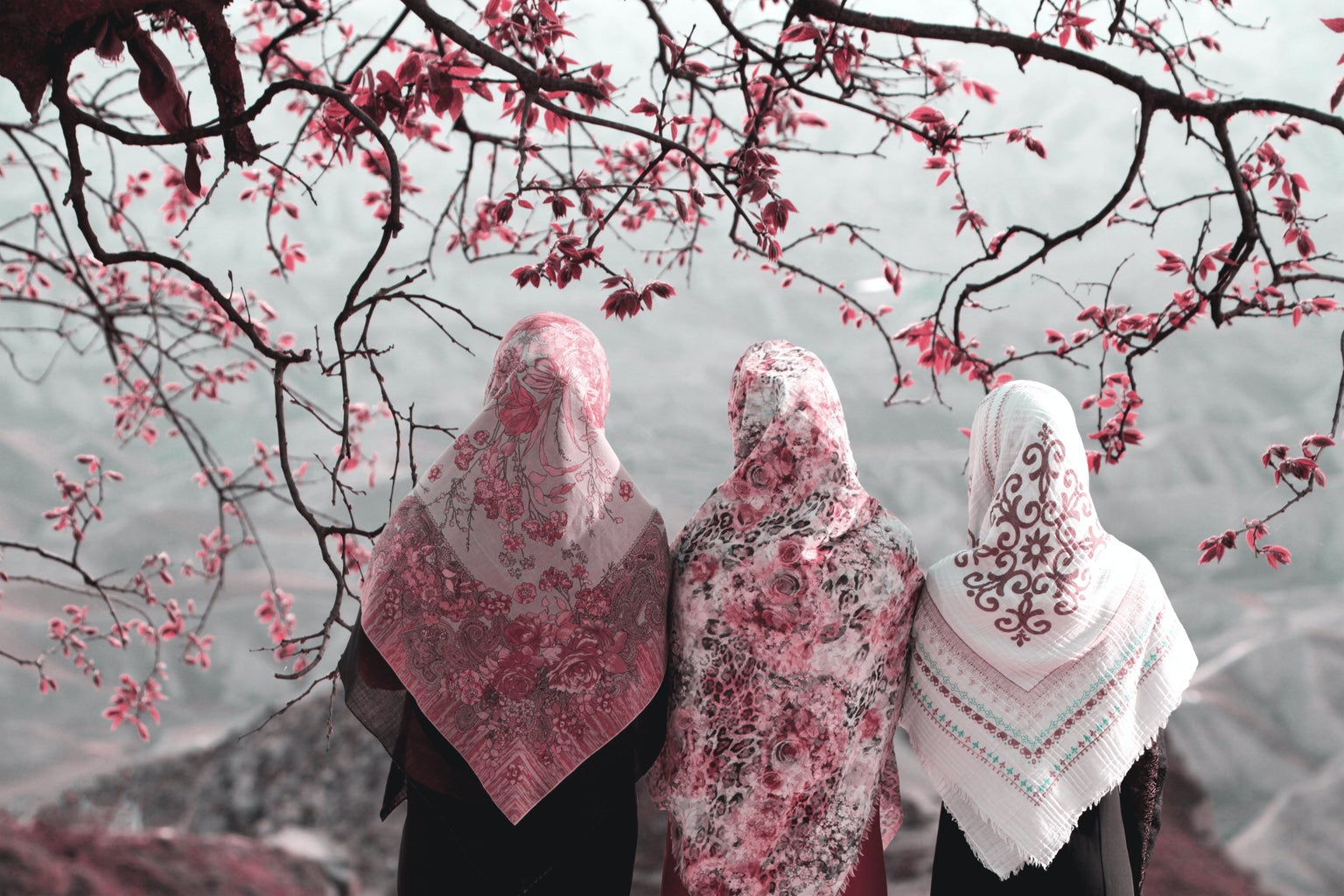Growing up as a Muslim woman who doesn’t wear a hijab, finding my place in a world where people often associate Muslim identity solely with headscarves has been difficult. I’ve had to navigate a life of seeking personal fulfillment and dealing with how others perceive me.
Throughout my life, I’ve learned that Islam has diverse interpretations within the religion. I pride myself as a Shia Muslim. In our faith, we explore the inner world of faith, seek spiritual enlightenment, and foster a deep, personal relationship with the divine.
While I deeply respect and understand the reasons why many Muslim women choose to wear it, my understanding of Islam has led me to prioritize my internal connection with my faith. I’ve found myself drawn to building my inner spirituality and attempting to embrace the values of compassion, kindness, and justice in my everyday life.
This realization has empowered me to trust in my beliefs and has shifted my focus from outward appearances to my heart and soul. I’ve come to embrace my identity as a Muslim woman in a way that feels authentic and deeply meaningful to me.
For me, modesty goes beyond outward appearances. It encompasses how I carry myself, how I interact with others, and the values I uphold. While some may view the hijab as a symbol of modesty, I find modesty in my actions, my words, and my character.
On top of that, living in a society that emphasizes personal freedom, why am I being labeled as non-muslim only on account of the lack of a hijab? The women who wear the hijab, a symbol of modesty and faith, do so willingly. Laws have started to criminalize this garment, where instead of upholding diversity we should be respecting individual choices.
“It’s high time we prioiritize understanding and acceptance over marginalization.”
https://daily.jstor.org/muslim-women-and-the-politics-of-the-headscarf/
Choosing not to wear a hijab has sometimes led to misconceptions about my beliefs and dedication to Islam. People have questioned whether I am truly a practicing Muslim or if I’m somehow less committed because of my choice. Despite those misconceptions, my faith remains deeply personal and unwavering.
That being said, my decision not to wear a hijab doesn’t mean I’m immune to the challenges faced by Muslim women. I still experience discrimination and Islamophobic attitudes, however, in different ways. I choose to confront these challenges with resilience and a strong belief in the values of justice, compassion, and equality that Islam teaches.
Ultimately, my journey as a Muslim woman who doesn’t wear a hijab is about authenticity and staying true to myself. It’s about embracing the complexities of my identity and finding strength in my convictions. While my path may be unconventional to some, it is deeply rooted in my faith, my values, and my understanding of what it means to be a Muslim in today’s world.
